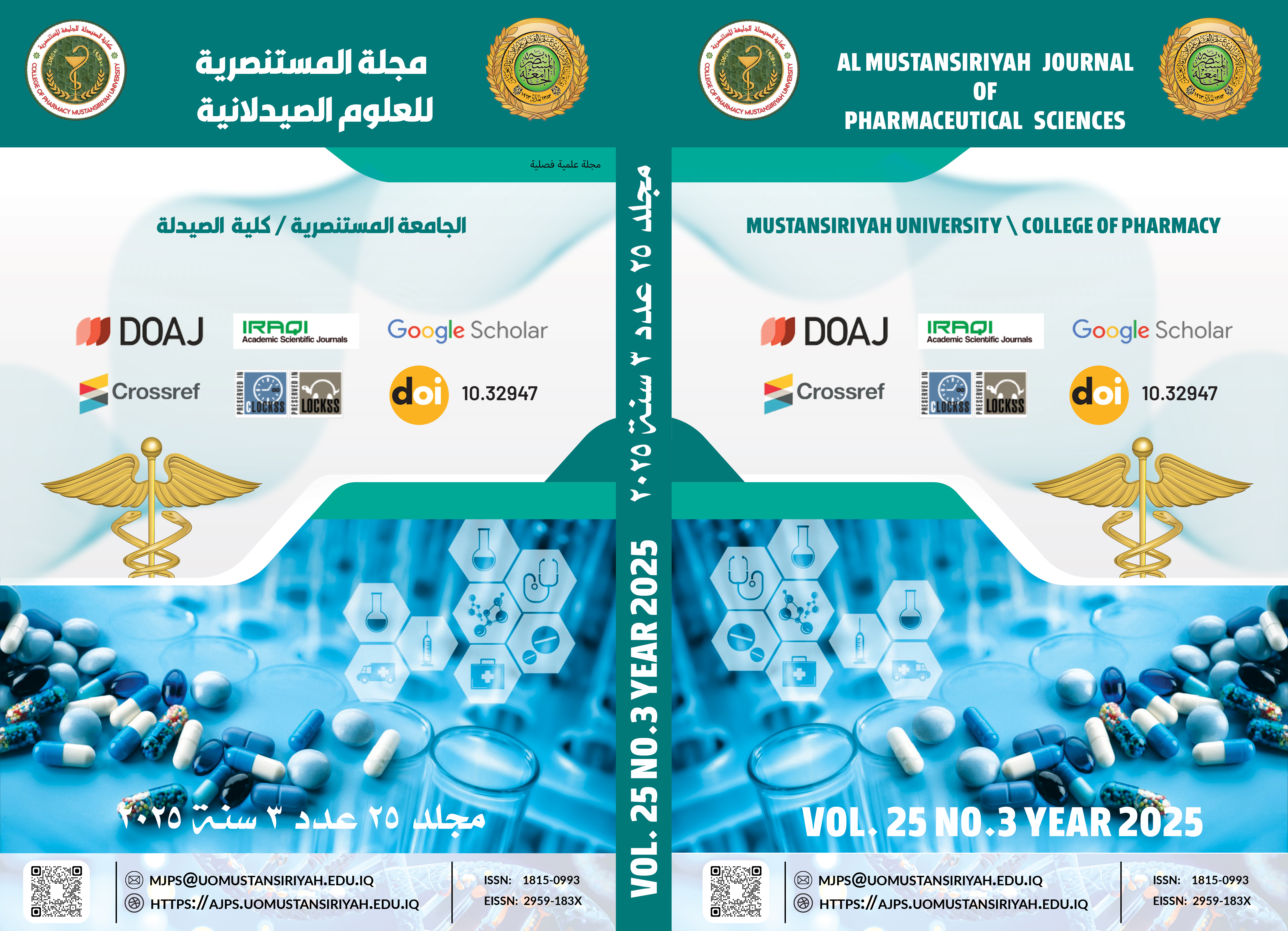Abstract
Oxaliplatin serves as the primary treatment option for colorectal cancer (CRC) at all stages. It induces acute cold-triggered neurotoxicity and chronic cumulative neurotoxicity, leading to potential dose adjustments and influencing patient quality of life (QOL). However, conventional strategies are lacking for effectively managing oxaliplatin-induced neurotoxicity (OIN).
This observational study is a prospective aimed at investigating the incidence and associated factors of OIN involving 120 patients with CRC at different stages under oxaliplatin-based chemotherapy. The demographic and clinical characteristics of the patients were collected using a preformed data information sheet. The frequency and associated factors were evaluated after the third cycle of the Oxaliplatin chemotherapy. Unfortunately, 84 patients (70%) developed neurotoxicity while 30% did not experience this side effect. None of the included demographic or clinical characteristics were significantly associated with the OIN. Thus, it did not appear to predict neurotoxicity risk in the studied population. Other factors such as genetics could have such an impact and need to be investigated.
This observational study is a prospective aimed at investigating the incidence and associated factors of OIN involving 120 patients with CRC at different stages under oxaliplatin-based chemotherapy. The demographic and clinical characteristics of the patients were collected using a preformed data information sheet. The frequency and associated factors were evaluated after the third cycle of the Oxaliplatin chemotherapy. Unfortunately, 84 patients (70%) developed neurotoxicity while 30% did not experience this side effect. None of the included demographic or clinical characteristics were significantly associated with the OIN. Thus, it did not appear to predict neurotoxicity risk in the studied population. Other factors such as genetics could have such an impact and need to be investigated.
Keywords
Colorectal Cancer
neurotoxicity
oxaliplatin
Risk factors
